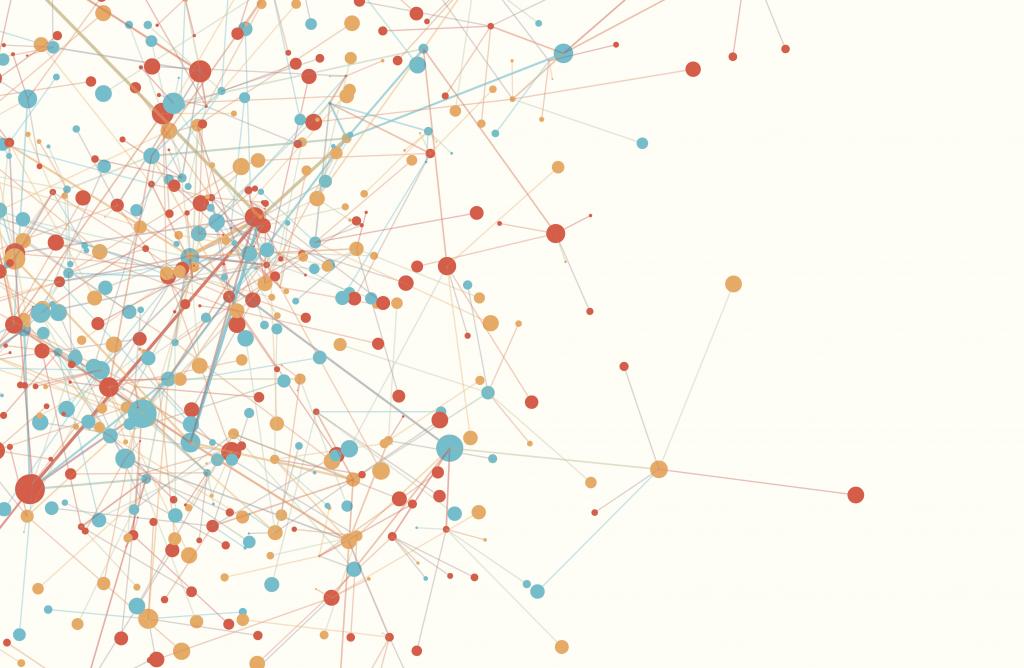His main research areas include European monetary integration, monetary policy, fiscal policy discipline and regional integration in various parts of the world. But Charles Wyplosz is not only Professor of International Economics and Director of the International Center for Monetary and Banking Studies (ICMB), he is also regular columnist in such newspapers as the Financial Times, Le Monde, Libération or Le Temps, author and editor of numerous high level publications, and adviser to governments and international institutions. He has been awarded the Legion of Honour and is a wine producer. Interview.
You have recently published “The Euro and Ordoliberalism” (in Ordoliberalism: A German Oddity?, ed. by Thorsten Beck and Hans Helmut Kotz, CEPR Press). Can you briefly present its rationale and main findings?
A striking aspect of the Eurozone crisis has been an apparent disagreement between Germany and other countries, mirrored by similar disagreements between German and other economists. This book asks whether ordoliberalism, a world view developed in Germany, can explain this oddity. I show that ordoliberalism can be reinterpreted within standard economic principles, but that it is an incomplete theory that has been used to defend German national interests.
What are you currently working on?
With several colleagues, I have just completed a study of the sustainability of the Greek public debt. We argue that it will not be sustainable unless it is partly forgiven. I am now working on the IMF, its evolution and limitations, and advancing proposals. After that, I will work on a paper that takes stock of how debt sustainability is assessed.
What have you read lately that has marked your research field or academic discipline?
There is a growing literature on the lessons to be drawn from the global financial crisis that started in 2008. The crisis is a defining moment for the present generation as we try to come to grip with what went wrong, what we missed and why, and what must changed in our understanding.
What are the “classic” academic articles or books that you would like everybody to read – and why?
In my field, broadly defined as macroeconomics, I suggest that Keynes and Friedman tell us a lot about the fundamentals. Then we need to understand the financial crisis phenomenon (contributions by Krugman and Obstfeld) and the interplay between politics and economic policymaking (works by Alesina, Tabellini and many others).
What books (academic or non academic) are currently on your nightstand?
Nightreading is not for professional work, as far as I am concerned. I am currently reading Gold by Chris Cleave, an amazing British writer. Contrary to what you might think, it is not at all about monetary matters but about Olympic cycling and personal hardship.
US economist Richard Thaler, winner of the 2017 Nobel Prize in Economics for his research on behavioural finance, asked a journalist who wanted him to explain his work: “How much would it cost you to drink a bottle of wine that you bought years ago for $50, but is now worth $500?” What would you answer? And what is the message behind this question?
For economists, the answer is obvious, $500. The point is that most people don’t see it that way, because they only want to remember how much they paid and ignore how much they could fetch if they sold it. As a wine collector myself, I don’t behave as an economist for one simple reason: any time I want to buy an expensive bottle, I have to convince my wife and I promise her that she will be happy when we drink it many years later, remembering that we “only” paid a fraction of the current value. And it works! (She is not an economist, thank God.)
If you had to share a strong idea that structured your intellectual work during your career, what would it be? Or, conversely, is there a research premise that has been proven false over time?
I have gradually come to recognise the amazing ability of politicians to make grievous policy mistakes for a host of bad reasons. We economists try hard to think about “optimal” decisions, which benefit society, only to discover that politicians only care about their internal games and chances of election. This may sound naïve, for it has long been well known, but I didn’t realise the extent of the disasters that they create.
Do you have any special memory related to your thesis supervisor that you would like to share?
My supervisor was the late Rudi Dornbusch, actually an alumnus of the Institute. He told me that I should write five pages every day, even if I end up throwing 99% of it. That taught me the need to never stop actively thinking and that it is far better to throw away silly pages than to contemplate a blank page, and panic because it remains blank. It is the best 1% that matters.
Interview by Marc Galvin, Research Office.


